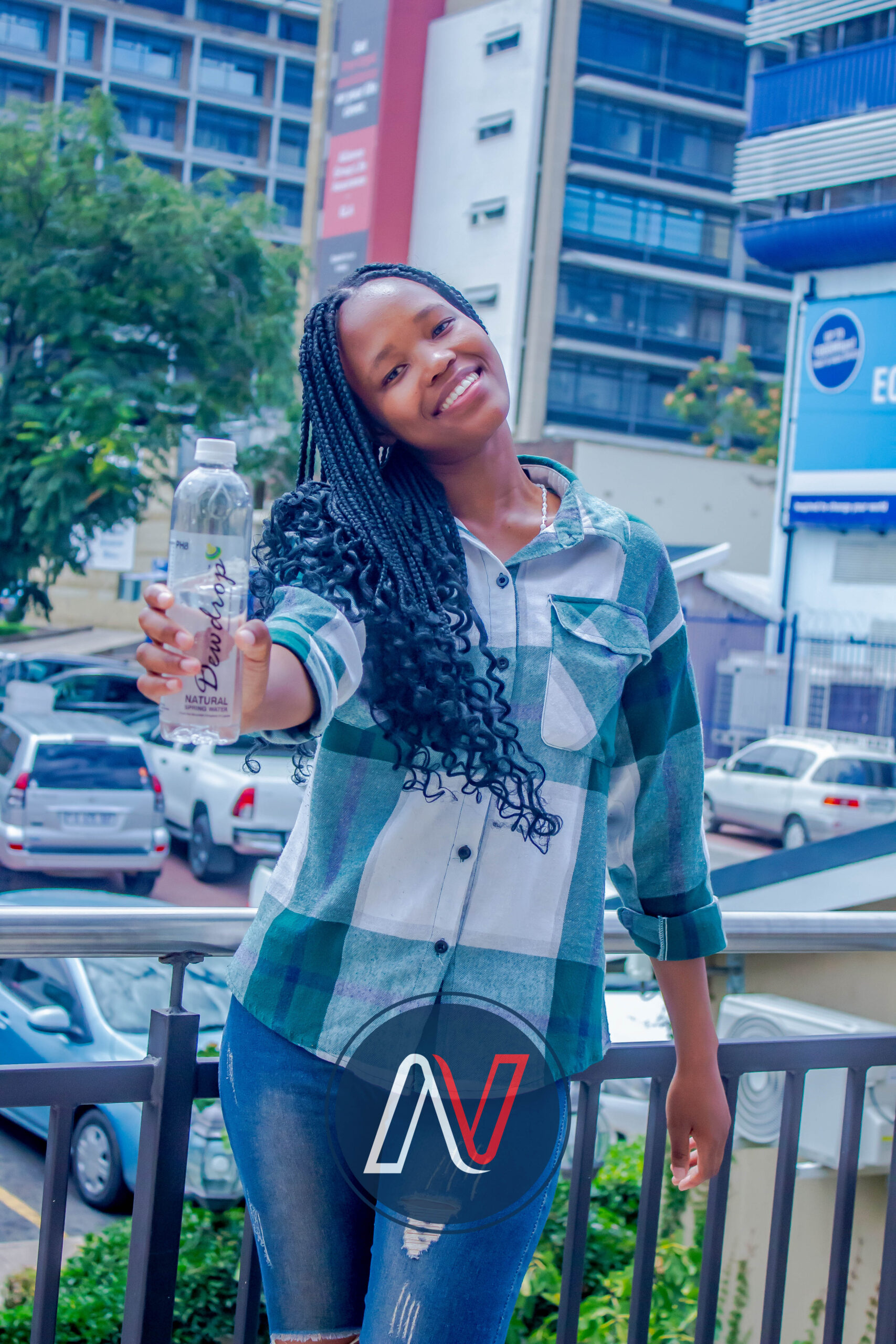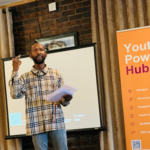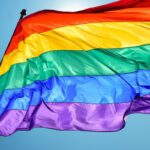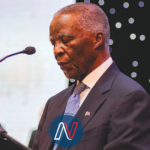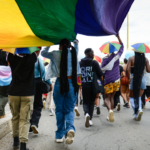Rethabile Mathealira-Molapo
Every movement needs its pioneers: those who forge paths where others fear to tread, who live the questions others are still too afraid to ask. In the struggle for gender and sexuality justice, the LGBTQI+ community stands as the pioneering force, breaking boundaries that mainstream gender movements have yet to confront. As we mark Pride Month, it is not enough to speak vaguely of equality. We must be clear: those pushing for a future where identity and love are liberated from societal constraints are the true leaders of the gender and sexuality movement.
Mainstream gender equality discourse has often revolved around achieving parity between heterosexual, cisgender men and women. While this remains vital, it represents only a fraction of what real transformation requires. This narrow focus reinforces rather than dismantles the very binaries and structures that oppress people. It leaves out those who do not fit neatly into the boxes of “man” and “woman,” or into heteronormative frameworks of desire. As a result, the mainstream movement risks replicating the same systems it seeks to reform, only this time, with new faces in old places.
Pride Month allows us to pause and reflect: What does true gender and sexuality liberation look like? And who is already living it?
The LGBTQI+ community’s very existence defies rigid norms, challenging societies to expand their imaginations about gender, identity, and love. Trans, non-binary, intersex, and queer individuals are not simply seeking inclusion within traditional structures; they are actively transforming the terrain. Their lives are revolutionary texts, calling us to question why gender or sexuality should dictate our identity, roles, or rights.
And they are doing this at great personal risk. In many parts of the world, and across Africa, LGBTQI+ individuals face criminalisation, violence, social rejection, and institutional erasure. From the United States to the UK, from Ghana to Nigeria, and from South Africa to Lesotho, queer and transgender communities organise, resist, and survive amidst staggering odds. Their fight to be themselves is not just a personal act of defiance, it is a collective offering of what a freer future could be.
This pioneering spirit is not new. Long before colonial laws imposed rigid binaries, many African societies recognised and respected gender diversity and same-sex relationships. Among the Ugandan ethnic groups, such as the Langi and Bahima, historical records show that same-sex love was quite common. The Dagara of Burkina Faso recognise gender as personal energy, not determined by anatomy. In South Africa and Lesotho, traditional healers sometimes have transgressive gender-spiritual identities.
Globally, cultures acknowledged identities beyond the binary: Two-Spirit people in Indigenous North American communities, Hijras in South Asia, and Bakla in the Philippines are just a few examples of how diverse human experience has always been. These traditions remind us that the so-called “modern” gender movement has much to learn from those who have long embodied gender freedom. And the illustration of the cultural and spiritual significance of gender and sexuality across cultures is without denying that gender and sexual non-conformity have always existed without having to assign special reasons for their existence.
Despite their historical and cultural legitimacy, LGBTQI+ communities remain marginalised not only by law and custom but also by the very movements that claim to fight for justice. In too many gender equality spaces, the needs, voices, and insights of LGBTQI+ people are sidelined or outright ignored. This exclusion is not merely unfortunate; it is a betrayal of the radical vision required to achieve true equality.
Today, this struggle is compounded by a global conservative resurgence. Right-wing movements across continents are rolling back hard-won rights, weaponising religion, culture, and nationalism against LGBTQI+ people and other marginalised communities. Within the Catholic Church, this pullback is being felt anew with the appointment of a more conservative pope. Though previous years saw a softening tone under Pope Francis, who asked, “Who am I to judge?” Recent leadership signals a return to more rigid doctrines on both gender identity and same-sex relationships. These shifts reflect not only theological conservatism but also the wider cultural anxiety about expanding understandings of love, identity, and family. This is emboldening traditionalist views on both gender identity and same-sex relationships, undermining years of progress toward compassion and inclusion.
It is possible to honour faith and culture without using them as weapons against others. But doing so requires moral courage, theological imagination, and a return to the deeper values of love, dignity, and justice that every faith claims to uphold.
It is worth noting that the backlash against LGBTQI+ rights is not random. It is a strategic effort to reassert control over bodies, desires, and identities that defy patriarchal, heteronormative order.
So, what does winning the war on gender and sexuality actually look like?
It looks like:
- Identity and love defined by the self, not dictated by law, religion, or social norm.
- Opportunities truly open to all, regardless of gender identity or sexual orientation.
- Language and culture evolving to affirm rather than erase diverse identities.
- Institutions made inclusive, from workplaces to places of worship.
- Media that tells the full story, moving beyond tokenism to truth.
- Expression without punishment, where fashion, affection, and family take many forms.
Beyond marches, flags, and celebration, Pride Month is a prophetic call to humanity. It asks: What would it look like to truly be free? It is a reminder that the future we seek is already being lived by those bold enough to be themselves, defy conformity and demand more, that those we often call “minorities” are not a marginalised group seeking entry, but are the architects of the liberation we all need. They are, in fact, major teachers of courage, authenticity, and the pride of individuality. They are not the fringe; they are the essence. And if we are truly committed to justice, we will follow their lead.
Summary
- In the struggle for gender and sexuality justice, the LGBTQI+ community stands as the pioneering force, breaking boundaries that mainstream gender movements have yet to confront.
- Their fight to be themselves is not just a personal act of defiance, it is a collective offering of what a freer future could be.
- And the illustration of the cultural and spiritual significance of gender and sexuality across cultures is without denying that gender and sexual non-conformity have always existed without having to assign special reasons for their existence.

Your Trusted Source for News and Insights in Lesotho!
At Newsday Media, we are passionate about delivering accurate, timely, and engaging news and multimedia content to our diverse audience. Founded with the vision of revolutionizing the media landscape in Lesotho, we have grown into a leading hybrid media company that blends traditional journalism with innovative digital platforms.




